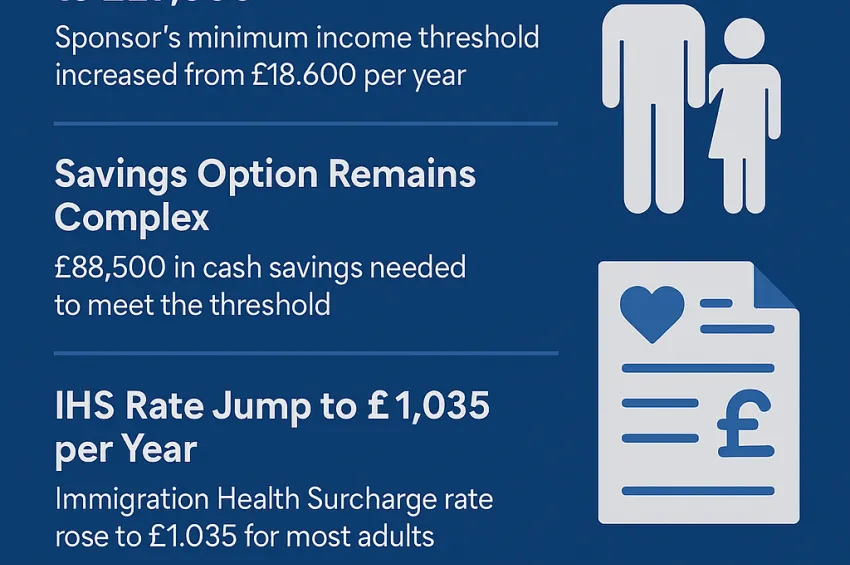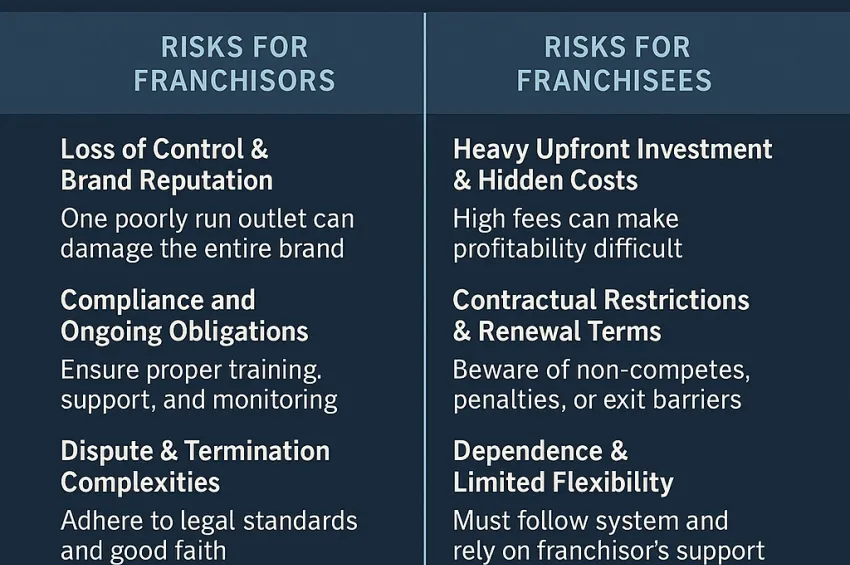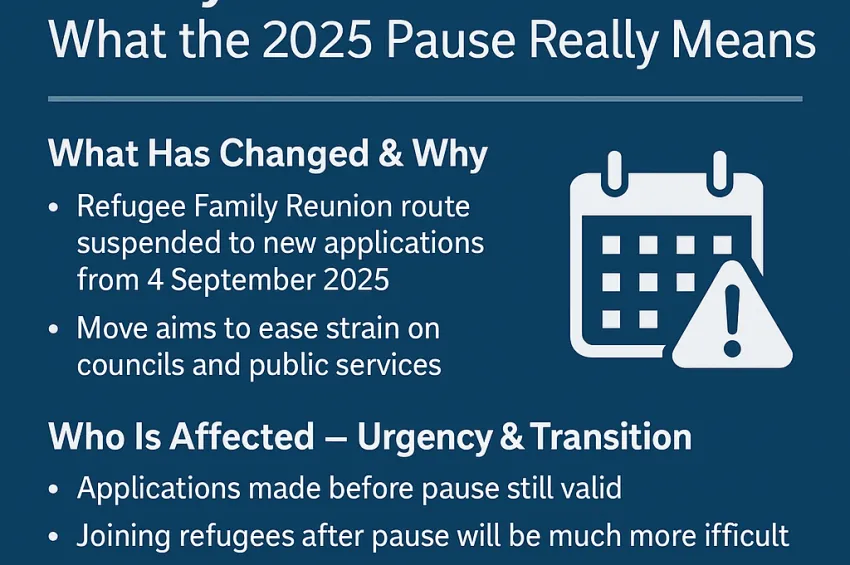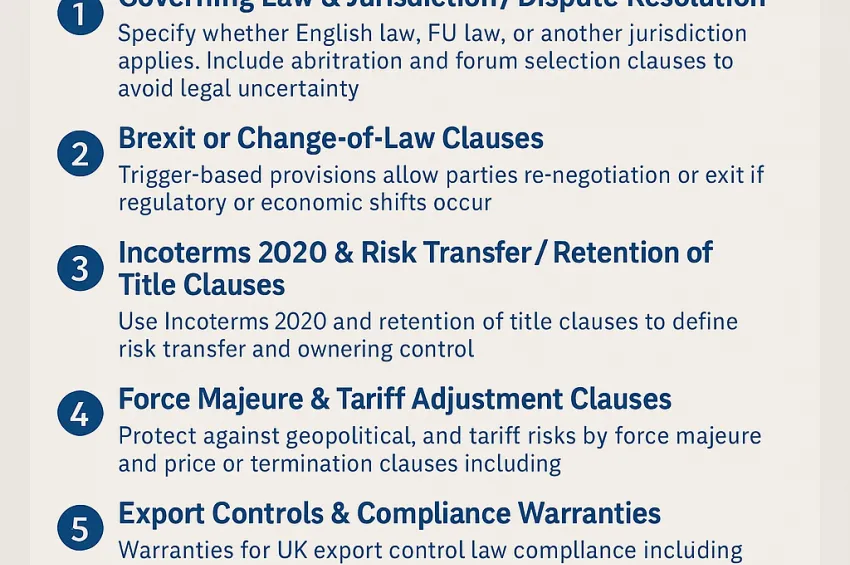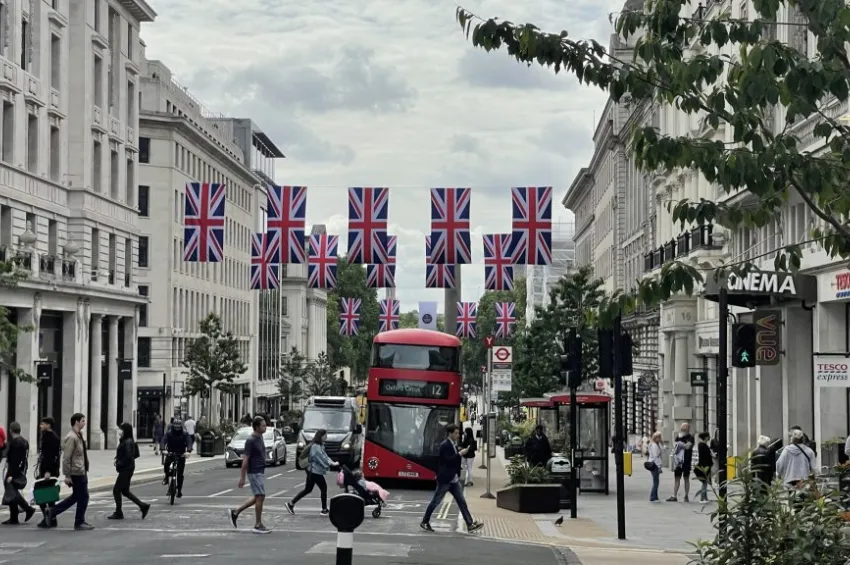
On 12 May 2025, the UK Government published the Restoring Control Over the Immigration System White Paper, signalling a suite of major reforms to migration policy. At the heart of these proposals is the extension of the standard qualifying period for indefinite leave to remain (ILR) under the Points-Based System from five to ten years. A new “earned settlement” model would allow some migrants to settle sooner based on their contribution to society and the economy, though the precise criteria have yet to be defined.
This article explores who will be affected, possible exemptions, foreseeable challenges, and practical guidance for individuals and organisations in London and across the UK.
1. What the White Paper Proposes
- Doubling the ILR Qualifying Period: Most migrants under Points-Based routes—such as Skilled Worker, Global Talent, and Innovator Founder—will now require 10 years of continuous lawful residence to qualify for ILR
- Introduction of “Earned Settlement”: The government proposes that high contributors—through income, skills, or community engagement—may qualify earlier than ten years
- Retention of Five-Year Route for Family of UK Citizens: Partners and dependants of British citizens will still be eligible for ILR after five years
2. Who Will Be Impacted?
A. Points‑Based Migrants
Includes individuals on Skilled Worker, Global Talent, High Potential Individual, Innovator Founder visas, and their dependants. Under the new regime, these individuals will normally need to reside in the UK for ten years before applying for ILR
B. Family Route
Spouses and partners of British citizens will continue with the standard five‑year route to settlement. However, those sponsoring partners while themselves on temporary leave (e.g., another work visa) may fall under the extended route.
C. Refugees and Humanitarian Cases
Refugees and those on similar protection pathways—including those from Hong Kong under the BN(O) scheme—may also be subject to the 10-year rule, unless exemptions apply or they qualify through earned settlement.
D. EU Settlement Scheme and Pre‑settled Status
EU nationals settled under the Withdrawal Agreement will not be affected; their rights are protected. New applications under the EU Settlement Scheme are expected to close before these reforms are implemented.
3. Key Exemptions and Safeguards
- British Citizen Partners and Dependants: Retain a five‑year route to settlement
- Earned Settlement Model: Applicants who meet high-income, community, or professional criteria may qualify earlier—details awaited in a public consultation
- Timing and Transitional Rollover: It remains unclear whether the rule applies retroactively to current migrants. Stakeholders should monitor future announcements .
4. Implications and Concerns
- Increased Financial and Immigration Costs: A longer timeline will necessitate additional visa renewals and fee payments—more than doubling the cost and uncertainty .
- Integration and Community Tension: Organisations like IPPR warn that prolonged temporary residency may hinder personal and economic stability, retention of status, and community integration
- Policy Signal: This shift marks the UK among the most restrictive major economies in terms of settlement pathways, potentially discouraging international talent .
5. What Applicants and Employers Should Do
For Applicants (Graduates, Workers, Entrepreneurs):
- Track and Maintain Status Diligently: Ensure visa transitions and renewals are timely to avoid any gaps.
- Stay Informed: Monitor consultations on earned settlement and early eligibility criteria.
- Prepare Evidence: Build a portfolio of contributions—income records, charity work, professional recognitions—that may support fast-track eligibility.
For Employers and Sponsors:
- Advise Candidates Proactively: Highlight the extended settlement period and offer support to those on long-term visa journeys.
- Contribute to Workplace Integration: Facilitate volunteer opportunities or public service roles that may boost employees’ eligibility for early settlement.
- Engage in Consultation: Respond to Government proposals with sector-specific data and examples to influence final policy terms.
Conclusion
The proposed shift to a 10-year qualifying period for ILR under the Points-Based System marks a fundamental departure from the UK’s recent immigration norms. While family and humanitarian paths retain the existing five-year route, most skilled migrants face longer timelines. The introduction of “earned settlement” provides some flexibility, but details remain pending.
As a London-based immigration solicitor, we recommend:
- Advising clients on securing continuous leave and maintaining documentation,
- Gathering evidence now to satisfy potential future earned settlement thresholds,
- Reporting to employers the obligations to aid migrant staff,
- Preparing for policy consultation participation.
If you or your employees would like guidance on navigating this change, preparing documentation, or contributing to the Government consultation, our legal team is ready to support you.


